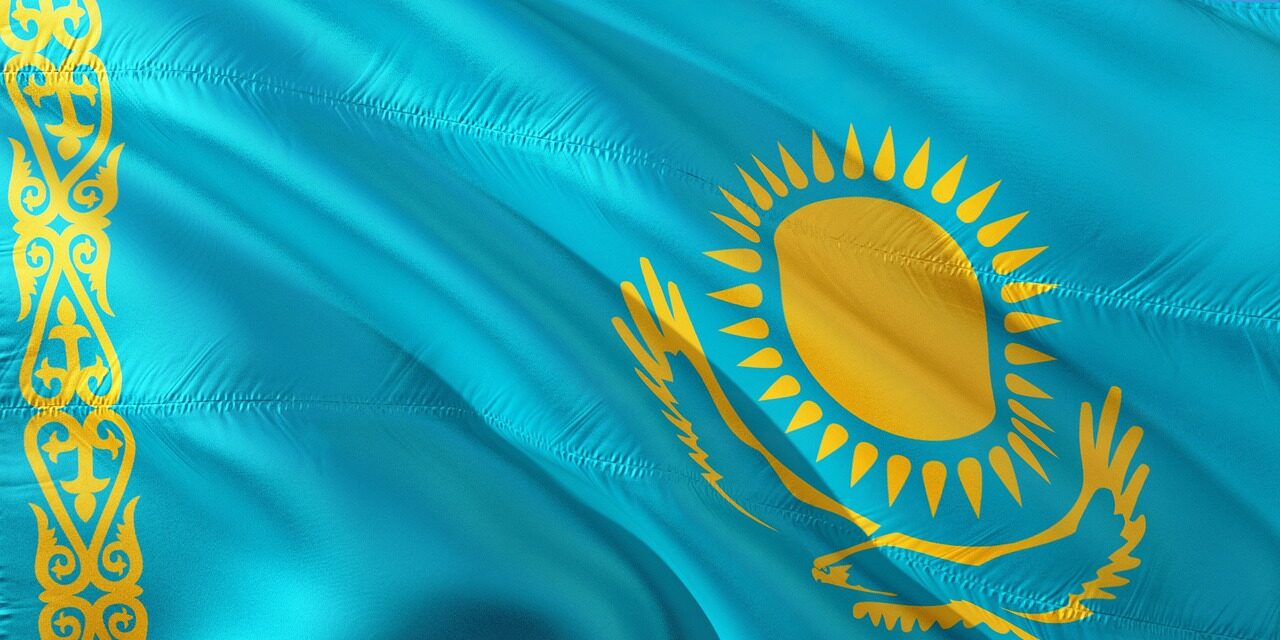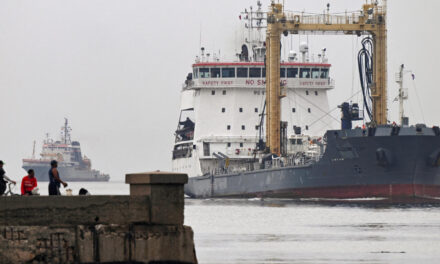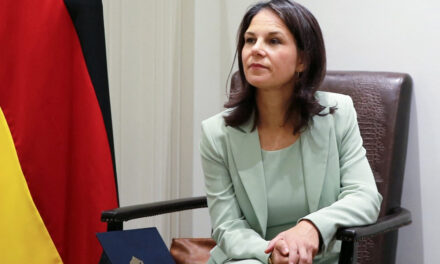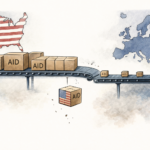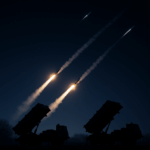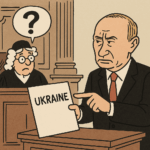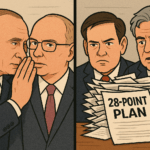Kazakhstan is recalibrating its approach to sanctions against Russia, emphasizing the protection of its domestic economic interests while simultaneously expanding trade relationships with countries such as Iran and China. Deputy Prime Minister Serik Zhumangarin articulated this shift, stating that Kazakhstan will not adhere to sanctions that adversely impact local businesses that are vital employers in their regions.
This change in tone highlights Kazakhstan’s strategic maneuvering as it seeks greater access to global markets to export its commodities and agricultural products. However, this effort comes amidst growing scrutiny from Western nations due to Kazakhstan’s potential facilitation of sanctioned goods to Russia, a country that has faced extensive sanctions since the onset of its invasion of Ukraine in early 2022.
Kazakhstan has notably refrained from participating in specific sanctions, such as those targeting the export of dual-use ball bearings. The country produces these components locally in a specification primarily utilized in Eastern Europe and former Soviet states, which has led to tension as Western governments label such export items as critical to the Russian defense sector.
While Zhumangarin indicated that Kazakhstan might have to carve out exceptions to comply with some sanctions, he also acknowledged the necessity of adhering to the rules to avoid repercussions against the nation itself. He highlighted cases of local companies that have been negatively impacted by sanctions, such as Eurasian Resources Group, which has faced significant losses due to restricted sales to Russia.
Kazakhstan’s trade landscape reflects these shifts, with China emerging as the dominant partner, accounting for over 20% of its trade, while trade with Russia diminished slightly. The country has also become a key transshipment hub for European car exports into Russia, taking advantage of the altered logistics resulting from sanctions.
To navigate these sanctions and ensure continued economic growth, Kazakhstan is exploring new trade routes, including a southward pathway to Iran via the Caspian Sea, although challenges remain due to ongoing restrictions on dual-use items. Additionally, Kazakhstan is seeking to enhance its logistics infrastructure, particularly in relation to China, which is crucial for the nation’s export economy.
Zhumangarin’s comments underscore a balancing act for Kazakhstan as it strives to protect and advance its economic interests while carefully negotiating the geopolitical complexities of its neighboring regions. The country is asserting its need for autonomy amidst the pressure of international sanctions and the necessity to maintain viable trade links for its economy.
Pour en savoir plus Bloomberg

